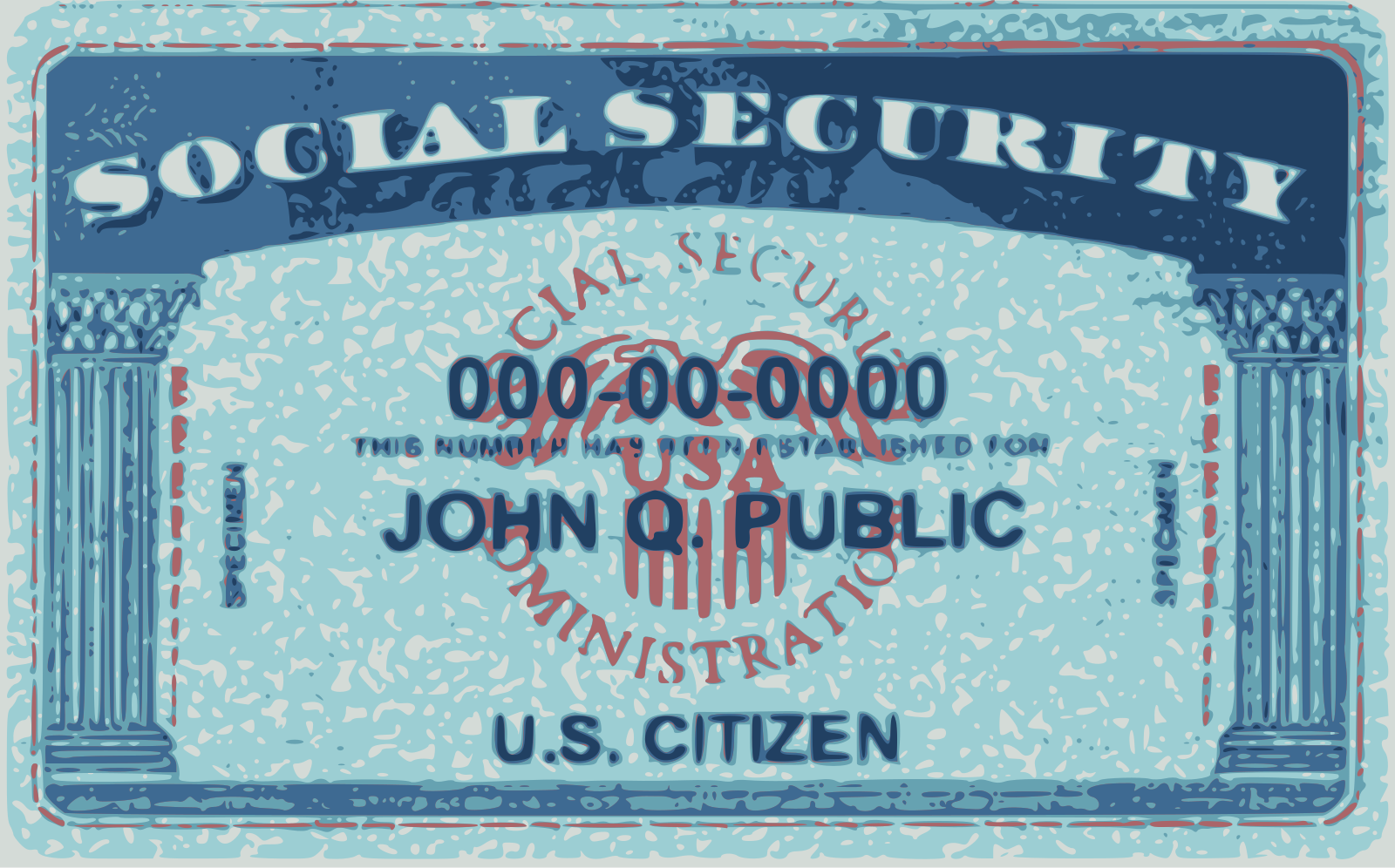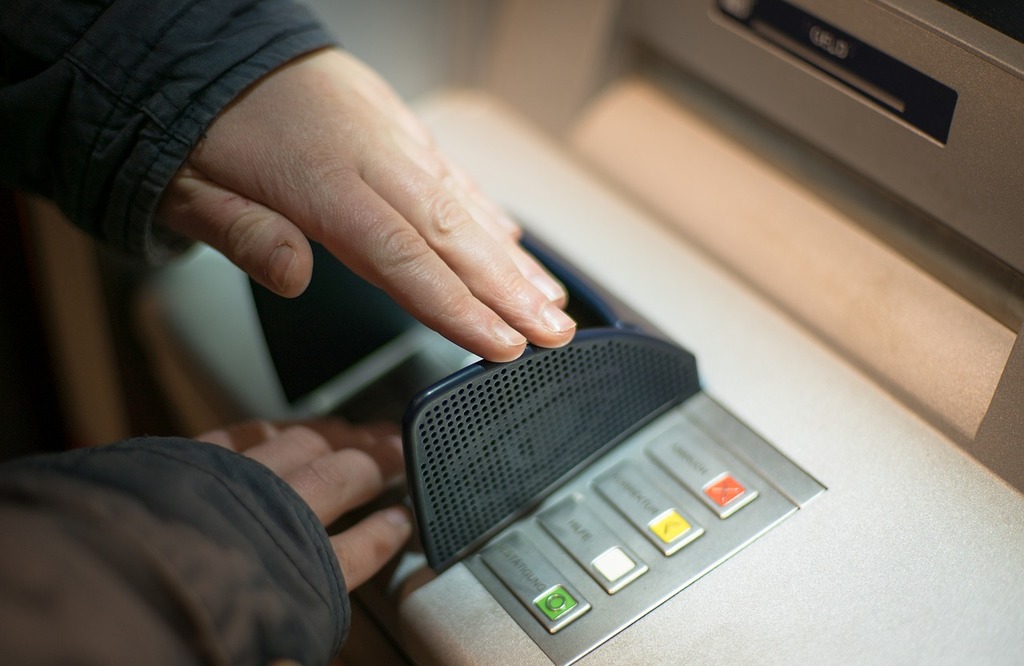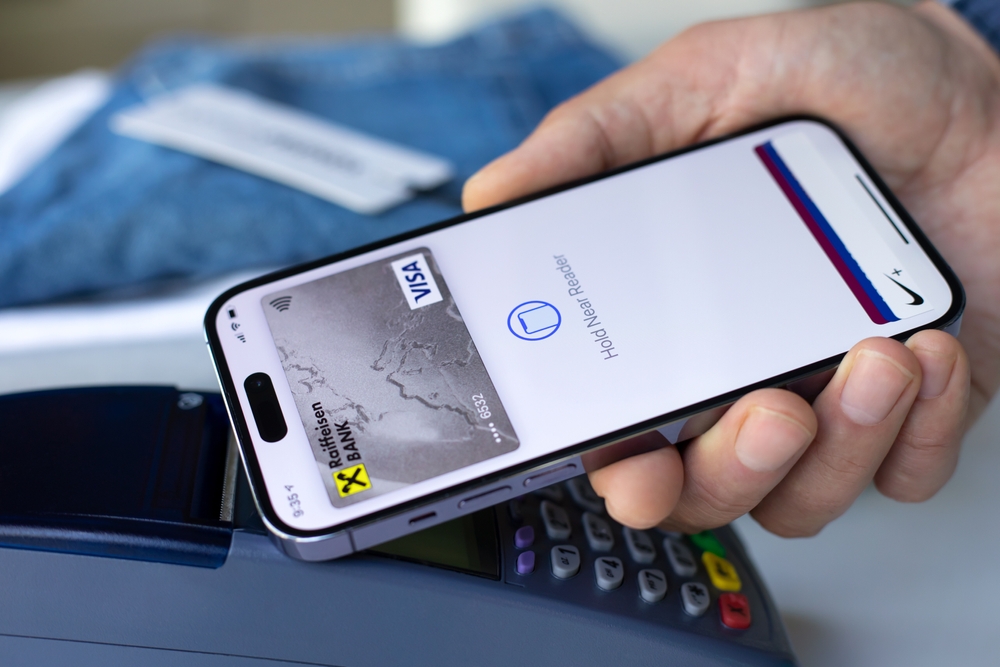In the digital age managing your personal financial information more crucial than ever. With cyber threats constantly evolving and identity theft on the rise, knowing what not to share can be as important as knowing what to share. Careful guardianship of your financial data is a modern necessity, protecting not just your bank account but your very identity. Here are 14 pieces of financial information you should keep under wraps.
1. Your Social Security Number

Your Social Security number is essentially the key to your financial life. It’s used to open bank accounts, apply for credit cards, and even secure loans. Sharing it unnecessarily can lead to identity theft, which can wreak havoc on your credit score and financial reputation. If someone asks for it, always question their need and legitimacy before proceeding.
The Federal Trade Commission (FTC) warns that identity theft can occur once someone has access to your Social Security number. They can open accounts, take out loans, or commit fraud under your name. Even sharing it over the phone or via email, if not properly encrypted, can pose significant risks. Always ensure any platform or person requesting it is trustworthy and securely handling your data.
2. Your Bank Account Details

Your bank account details, including account numbers and routing numbers, are sensitive pieces of information that should be guarded diligently. Sharing these details opens up possibilities for unauthorized withdrawals or fraudulent transactions. In scenarios where you must share them, like setting up direct deposits, ensure you’re communicating with a legitimate institution. Double-check any unfamiliar requests for these details, as scams often involve impersonators asking for this information.
While it might seem harmless to share your account number for a quick transaction, it’s crucial to remember that these numbers grant access to your money. Scammers are adept at using this information to initiate unauthorized transactions. Protecting your bank account details is part of maintaining your personal financial security. Being vigilant about who you share them with can prevent a host of financial headaches.
3. Your Credit Card Info

Credit card numbers, along with expiration dates and CVVs, are targets for cybercriminals. Even a casual glance at your card during a transaction or sharing your details over an unsecured network can lead to theft. Always ensure that any transaction or exchange of these details is done securely through trusted and encrypted platforms. Avoid storing your credit card information on websites unless absolutely necessary.
Research by Javelin Strategy & Research highlights that credit card fraud remains a significant problem, with millions affected every year. This emphasizes the importance of constant vigilance and secure practices when handling your credit card details. Even when dealing with seemingly reputable vendors, ensuring the security of your information can prevent unwelcome surprises on your statement. It’s vital to regularly monitor your accounts for any unauthorized charges.
4. Your Secret Passwords

Passwords and personal identification numbers (PINs) are your first line of defense against unauthorized access to your accounts. Sharing these, even with people you trust, diminishes their effectiveness. Always use a mix of letters, numbers, and symbols to create strong passwords. Regularly updating your passwords and never reusing them across different accounts is a good practice to follow.
When it comes to PINs, avoid obvious choices like birth dates or sequences such as “1234.” These are among the first guesses for someone attempting unauthorized access. Consider enabling two-factor authentication where possible for an added layer of security. This simple step can deter many unauthorized attempts to access your accounts.
5. Your Personal Identification Numbers (PIN)

Your debit card PIN is as crucial as the card itself. Sharing it, even with close family, increases the risk of it being misused. Unlike credit cards, fraudulent transactions on debit cards take money directly from your account, often making recovery more complex and time-consuming. Keep your PIN private and change it periodically to maintain security.
According to a study by the Identity Theft Resource Center, breaches involving debit card details can lead to more immediate financial losses than those involving credit cards. This underscores the importance of diligently protecting your debit card PIN. Only enter it on trusted devices and in secure transactions. If your card is lost or stolen, report it immediately and change your PIN as a precaution.
6. Your Tax Information

Your tax returns and related information contain a wealth of data that can be exploited. Tax documents often house your Social Security number, income details, and other personal information. Sharing these without necessity can lead to identity theft and fraudulent tax filings. Always store tax documents securely and share them only with verified entities like your tax preparer or financial advisor.
Cybercriminals frequently target tax information due to the comprehensive personal data it contains. The IRS advises taxpayers to be wary of phishing scams that impersonate tax officials. Safeguard your tax documents both physically and digitally to prevent unauthorized access. Consider using encrypted digital storage solutions for electronic tax records.
7. Investment Account Information

Your investment account numbers and details are gateways to your financial future. Whether it’s stocks, bonds, or retirement funds, this information should remain confidential. Unauthorized access can result in asset theft or unauthorized trades, impacting your financial goals. Always verify the identity of anyone requesting this information, even if they claim to be from your investment firm.
A report by the Securities and Exchange Commission (SEC) highlights the importance of safeguarding your investment account details to prevent fraud. Use secure methods for electronic access and regularly monitor your accounts for any suspicious activity. Be skeptical of unsolicited requests for this information, as they could be phishing attempts. Keeping your investment data secure ensures your financial plans stay on track.
8. Mortgage Information

Mortgage documents and associated details are not just sensitive; they also hold key insights into your financial situation. Sharing this information recklessly could lead to someone accessing your home’s equity or even committing real estate fraud. Keep these documents stored securely, and share them only with trusted financial institutions or advisors. Always confirm the legitimacy of any request for your mortgage information.
Another risk associated with sharing mortgage details is identity theft or unauthorized changes to your mortgage terms. It’s essential to monitor your mortgage account regularly to catch any unauthorized transactions early. Be wary of anyone requesting to see your mortgage information without a clear, legitimate reason. This vigilance helps protect your home and financial well-being.
9. Retirement Account Details

Your retirement accounts, such as 401(k)s or IRAs, are crucial for your future. The details within these accounts can be exploited if they fall into the wrong hands, potentially jeopardizing your retirement plans. Avoid sharing account numbers and login credentials, and ensure any communication regarding these accounts is secure. Regularly review your account activity to catch any unauthorized transactions early.
Keeping your retirement savings secure is just as important as building them. Be cautious when providing information over the phone or online, especially if you did not initiate the contact. Use strong, unique passwords and consider enabling additional security measures like two-factor authentication. Protecting these assets is essential for a secure and comfortable retirement.
10. Health Insurance Information

Health insurance information might not seem directly related to finances, but it holds significant personal data that can be misused. Sharing your policy number or related details can lead to medical identity theft, where fraudulent claims are made in your name. This can affect your coverage and lead to financial liabilities. Always verify the identity of anyone requesting this information before sharing it.
Medical identity theft is a growing concern, and protecting your health insurance details is critical. Be cautious of unsolicited requests for this information, especially via email or phone. Ensure any sharing of details is done through secure channels, such as directly with your healthcare provider. Protecting your health insurance data helps safeguard both your physical and financial health.
11. Utility Account Numbers

Utility account numbers, though seemingly innocuous, can be misused for identity theft or fraudulent actions. Sharing these can allow someone to open new utility accounts in your name. Be mindful of whom you share this information with and for what purpose. Always ensure the request is legitimate before proceeding.
Utility companies often use these account numbers as a means of verifying your identity. Unauthorized access could lead to fraudulent charges or disruptions in your service. Regularly monitor your utility statements for unusual activity. Keeping your account information private helps ensure your services and identity remain secure.
12. Digital Wallet Information

Digital wallets, like PayPal or Apple Pay, offer convenience but also require diligent security measures. Sharing your login credentials or linked account details can lead to unauthorized transactions. Always use strong passwords and security features provided by the service, such as two-factor authentication. Regularly review your transaction history for any unauthorized charges.
As digital payments become more prevalent, protecting your digital wallet information is essential. Be cautious of phishing scams that attempt to gather your login details. Only download apps from trusted sources and avoid entering your information on unfamiliar websites. Protecting your digital wallet ensures your funds remain safe and accessible to only you.
13. Loan Account Information

Loan account information, including your loan number and payment details, should remain confidential. Sharing this data can lead to unauthorized changes or fraudulent actions on your loan account. Verify any requests for this information, especially if they come from unknown sources. Regularly monitor your loan statements for unauthorized activity.
Protecting your loan information is vital to maintaining your financial integrity. Unauthorized access could result in changes to your loan terms or even fraudulent payments. Always communicate through trusted channels when discussing your loan details. This vigilance helps maintain the security and accuracy of your financial obligations.
14. Personal Budget Details

While not as immediately risky as other financial information, your personal budget can provide insights into your spending habits and financial priorities. Sharing these details could lead to unsolicited advice or judgment, or worse, attempts to exploit your financial situation. Keep your budget details private unless sharing with a trusted financial planner. Always be cautious about revealing too much in casual conversations.
Your personal budget is a reflection of your financial goals and priorities. Sharing it could inadvertently reveal vulnerabilities or spending habits you’d rather keep private. Protecting your budget details helps maintain your financial autonomy and control. It’s your financial roadmap, and keeping it confidential ensures you stay on the path you’ve planned.
This article is for informational purposes only and should not be construed as financial advice. Consult a financial professional before making investment or other financial decisions. The author and publisher make no warranties of any kind.








